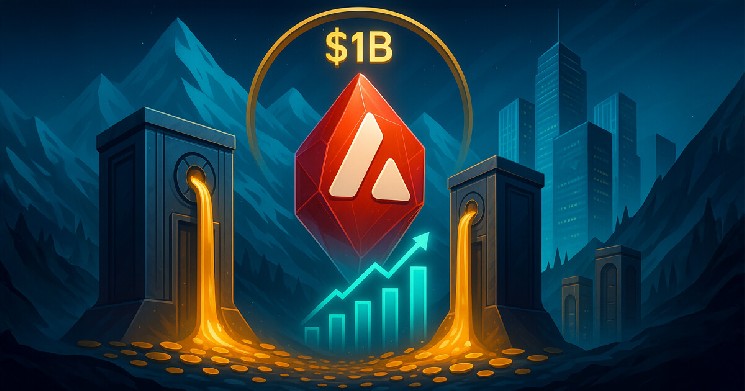[ad_1]
Aave, the largest decentralized lending protocol, has proposed reducing its exposure to governance risks within the Ethereum layer-2 network, Scroll’s ecosystem.
The initiative, submitted on Sept. 11 by the Aave Chan Initiative (ACI), comes amid mounting instability in Scroll’s decentralized governance model.
The proposal outlines several defensive measures to protect Aave’s users and liquidity pools. These include raising the reserve factor for all listed assets to 90%, lowering supply caps to existing levels, and cutting borrowing caps for all borrowable assets.
According to ACI, these steps will help contain exposure to Scroll-based assets, reinforce protocol safety through conservative risk parameters, and ensure Aave can respond swiftly if governance disruptions escalate.
ACI pointed out that the proposal’s implementation will proceed through the Direct to AIP process, which allows for faster deployment of urgent changes.
Data from DeFiLlama shows that Aave currently holds about $6 million in total value locked (TVL) on Scroll, making it the chain with one of its smallest liquidity pools.
Scroll’s DAO issues
The urgency of Aave’s proposal stems from internal turmoil at Scroll’s decentralized autonomous organization (DAO). Scroll announced earlier in the day that it had halted new proposals within its DAO as part of a plan to redesign governance.
Scroll said the decision would allow experimentation with governance models emphasizing efficiency, effectiveness, and alignment. The team also stressed that the pause aims to safeguard stability in the short term while laying the groundwork for sustainable growth.
Meanwhile, Scroll stressed that proposals that have already been approved will proceed. However, fresh submissions will be paused until the new structure is introduced.
This move comes after leadership turbulence within the DAO. Olimpio, a Scroll delegate, confirmed that the DAO’s lead, known as Eugene, resigned earlier in the week.
According to Olimpio, this departure has left the community facing uncertainty, with several proposals now stalled. These include a treasury management initiative, the formation of a governance council, and a test of a DAO timelock mechanism.
[ad_2]

